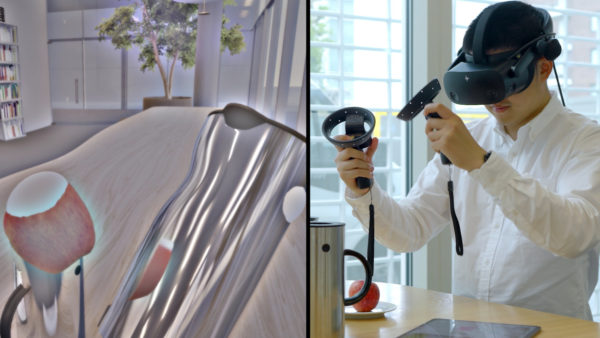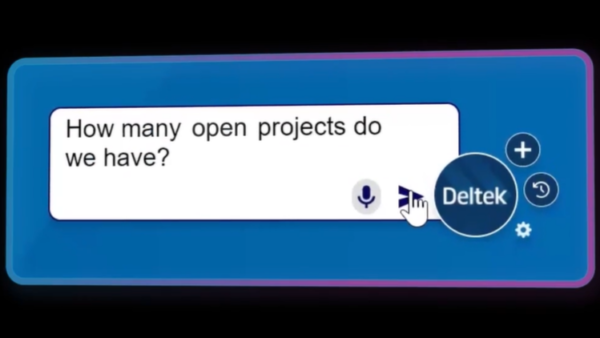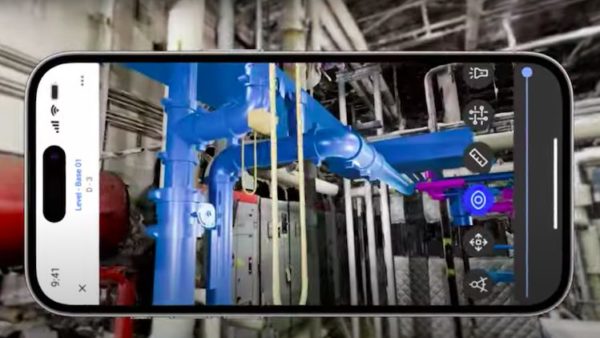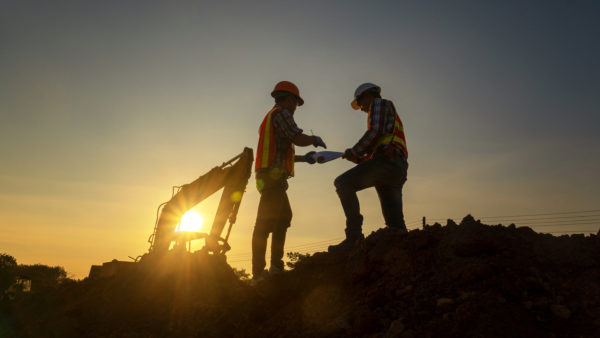Eurovia UK, a subsidiary of Vinci, is to trial autonomous vehicles to deliver small plant equipment, tools, materials and other components to and from sites during urban and rural highway management.
The initiative will employ the Academy of Robotics’ Kar-go electric autonomous vehicle, which was originally developed to reduce the financial and environmental costs of “last-mile” parcel delivery.
Eurovia said it had spotted Kar-go’s potential for use in infrastructure and urban development work.
Academy of Robotics claims to have a “unique” approach to colour perception, in its vehicles, which allows them to overcome the challenge of environmental variability and ‘noise’ caused by shadows and bright reflections. It means that Kar-go’s operating system is already able to understand the difference between features such as cracks, puddles, potholes and shadows.
Kar-go can detect not only the potential hazards in its path but also the likely causes of deterioration on road surfaces. Eurovia said it hoped that this will ultimately allow it to offer a proactive, smart approach to detection of both highway defects and hazard prevention.
At the same time as conducting the trial, Eurovia will help accelerate the “training” of Kar-go’s navigation of unmarked UK by allowing access to digital camera data gathered by Eurovia’s fleet in the UK, which covers over 50,000km of roads.
Scott Wardrop, chief executive of Eurovia UK, said: “We were impressed by the sophistication of the technology developed by Academy of Robotics and the professionalism of such a small start-up team. We have reviewed a number of autonomous vehicle solutions, but a critical component for us in developing this partnership was the technology’s ability to manage the complexity of recognising different road surfaces and their absolute commitment to sustainable innovation – investing in the future.
“As a Sussex-based company, we are also proud to support a local start-up that has built the first Kar-go in Henfield.”
William Sachiti, CEO and co-founder of Academy of Robotics, added: “To date, most autonomous vehicle training and testing has taken place on well-marked roads or specially designated test centres, but these areas rarely reflect real-world conditions. We believe that training our vehicles to operate on the widest range of real-world conditions is critical to preparing them for the unpredictable elements vehicles may face in the ‘real world’.
“The AI can process the data at immense speeds, so one of the biggest challenges holding back this technology is the ability to get hold of enough data on diverse conditions to train vehicles at scale.”















